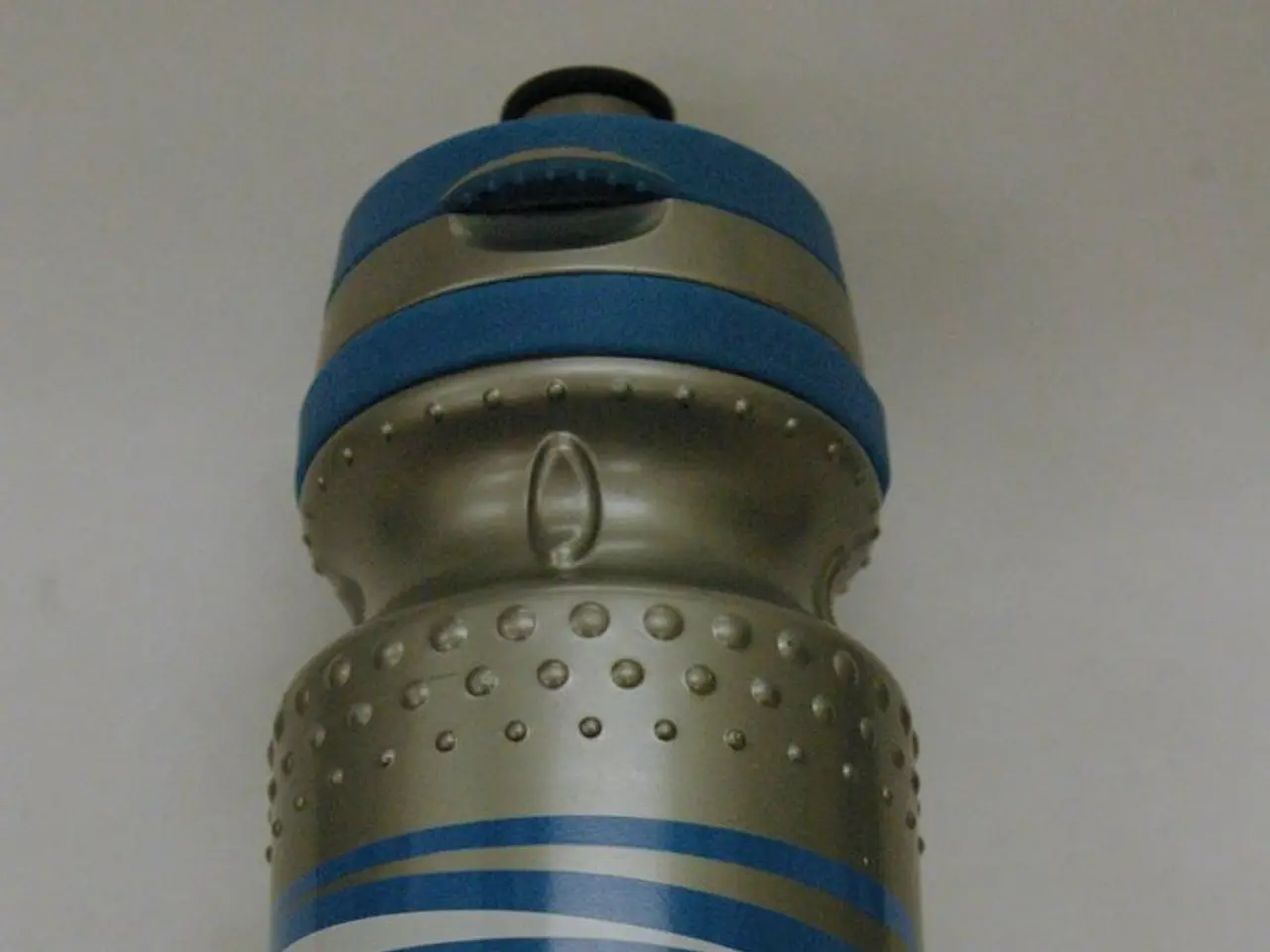New Immunotherapies Offer Hope in Cancer Fight
Cancer research is advancing rapidly with new immunotherapies showing promise. While a cure remains elusive, these treatments aim to strengthen the body's natural defences against cancer cells. Recent developments include vaccines, gene editing, and modified immune cells.
Even after complete remission, cancer cells can linger, risking recurrence. Immunotherapy helps the immune system identify and destroy these cells. Six CAR T-cell therapies, which modify T-cells to better recognize cancer, have been approved for treating blood cancers. Newer treatments, like monoclonal antibody (mAb) therapy, are also being explored.
Several promising clinical studies are underway. Russia's mRNA-based Enteromix vaccine targets colorectal cancer, while the ELI-002 2P vaccine aims to prevent relapse in pancreatic and colorectal cancers with KRAS mutations. Actinium-225 radiopharmaceuticals use targeted alpha radiation therapy for aggressive cancers. German research networks like UCC Hamburg and CAR FACTORY are developing genetically engineered immune cells and nanobody therapies for hard-to-treat tumors.
While a cure for cancer remains a goal, these new treatments offer hope. They may be used alone or alongside conventional treatments like chemotherapy and radiation therapy. With ongoing research, the future of cancer treatment looks increasingly promising.




